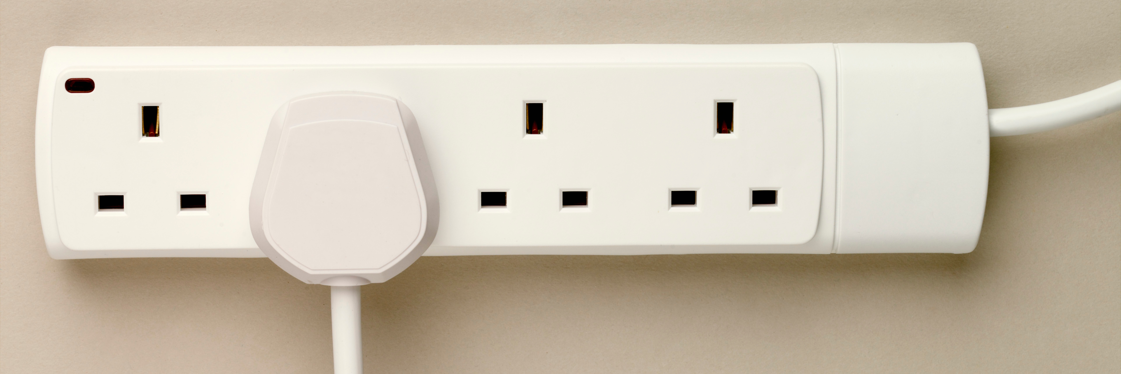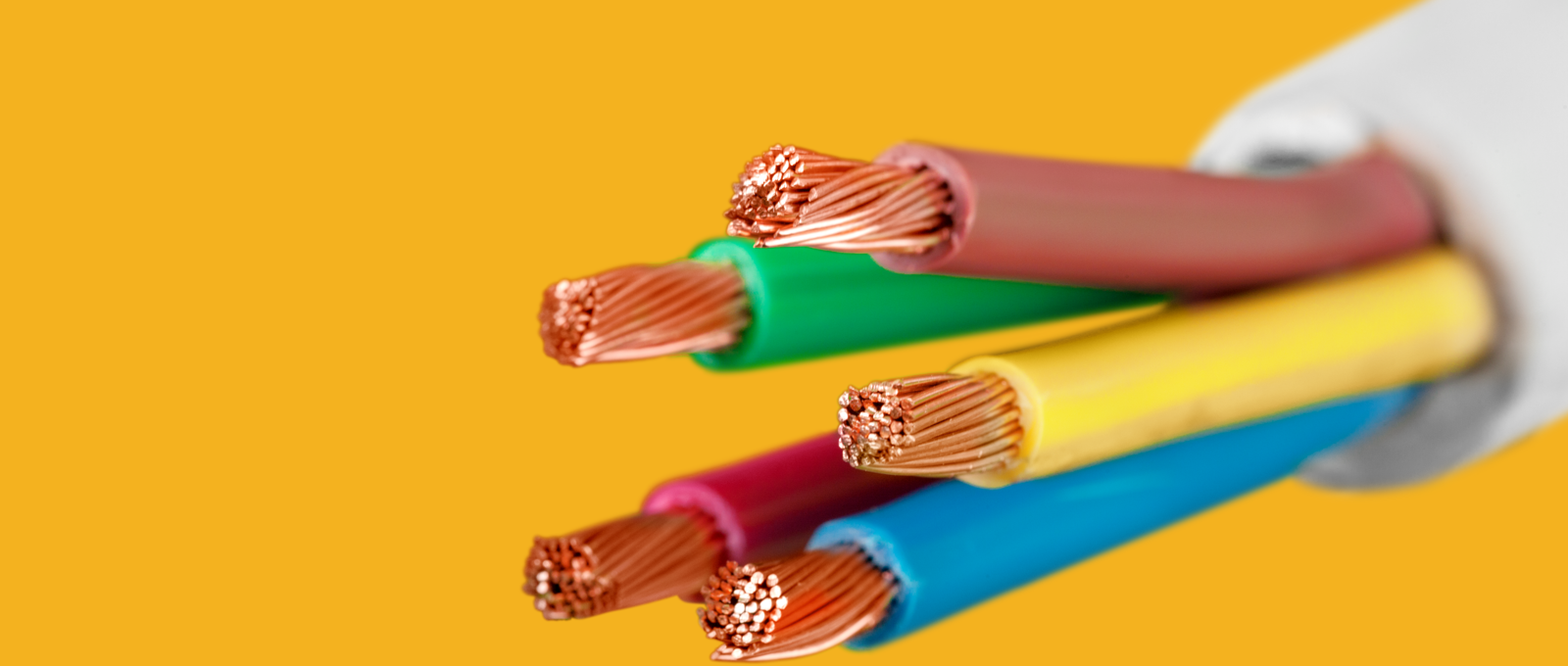With so much of our lives dependent on being ‘plugged in’, it’s easy to forget just how much power is coming in and out of our homes. Whether you’re making breakfast for the kids, giving your phone battery a quick boost or boiling the kettle for that first cuppa, most of us are using electricity before we even get started for the day. But every year, around 70 people die and 350,000 are seriously injured by electrical accidents in their home – and we want to help you keep yourself, your family and your home safe.
We’ve worked with experts in our assets team to highlight the key risks below – and for extra certainty, you can also complete an online home fire safety check with the National Fire Chiefs Council - click here to find out more.
If you have any concerns or questions about the electrical safety in your home, please get in touch using the customer contact form on our website.
Top tips for electrical safety

Extension leads are one of the leading causes of electrical fires in the UK, and it’s easy to see why. Although they can be very useful for making sure your power stretches where you need it, they also carry a lot of risks. Always use extension leads carefully and never leave them plugged in for long periods of time.
Don’t overload your sockets
Just because your extension lead has multiple sockets, that doesn’t mean it can cope with anything. If the appliances you need to plug in are high-current (like fridges, washing machines, microwaves or TVs) then chances are your extension lead will only cope with one or two at a time. You can find a socket calculator here which will help you calculate how much you can plug in to your extension lead: https://www.electricalsafetyfirst.org.uk/guidance/safety-around-the-home/overloading-sockets/
Never overload your sockets with more than they can manage, and watch out for any signs that your extension lead is struggling – like overheating, fuses blowing or sparks.
Never daisy chain
‘Daisy chaining’ refers to plugging one extension lead into another, usually to make it reach further or increase the amount of sockets available. This can lead to overheating, damage to the socket and significantly increases the risk of fire or electrocution.
Unwind your cables
If you’re using an extension lead, fully unwind the cable and don’t coil it on top of or underneath the sockets. Leaving it coiled or unwound can lead to the cable becoming damaged or overheating. It can be helpful to secure extension lead cables using a rubber protector strip to avoid them becoming a trip hazard.
Know the warning signs
If you notice any of the following, unplug your extension lead and stop using it
- A smell of hot plastic or burning
- Sparks or smoke coming from the plug or appliance
- Scorch marks on or around the extension lead
- Damaged or frayed cables
- Visible wires inside the cable
- Melted plastic
- Fuses consistently blowing when an appliance is in use.
If you’re ever in doubt about the safety of your extension lead, don’t take the risk – unplug it and replace it with another. Although it might be inconvenient in the short-term, it could be the choice that keeps you, your home and your family safe – a very worthwhile trade!

Electrical work can be dangerous and even deadly, so if you’re not a qualified electrician then steer clear of the screwdriver and get an expert in. A whopping 98% of electricians said they’d had to repair an issue caused by people trying to do their own electrical work and getting it wrong – so don’t make the same mistake!
If you want to make changes to your home, like adding extra sockets or moving light switches, you need to let us know, and any changes need to be done by an appropriate professional. Click here to find out how to request alterations to your home.

Avoid leaving devices switched on or on standby if you’re not at home to keep an eye on things – other than your fridge and other appliances that need power, it’s a quick job to check the switches on your way out. Not only does this help you keep your home safe, it also saves you money and stops these ‘vampire devices’ zapping your electricity and driving your bills up!
It's also a good idea to charge your phones and other mobile devices when you’re awake rather than plugging them in overnight. Phone chargers can often overheat, causing damage to the cables and increasing the risk of electric shock or fire.

As your landlord we have a responsibility to keep an eye on your home and make sure it’s safe and fit for purpose, so we test your electrics before you move in and every five years after that, in line with national guidelines. We’ll contact you directly to arrange your safety check (also known as an EICR), and all we ask is that you let us in so we can make sure everything is working as it should.




